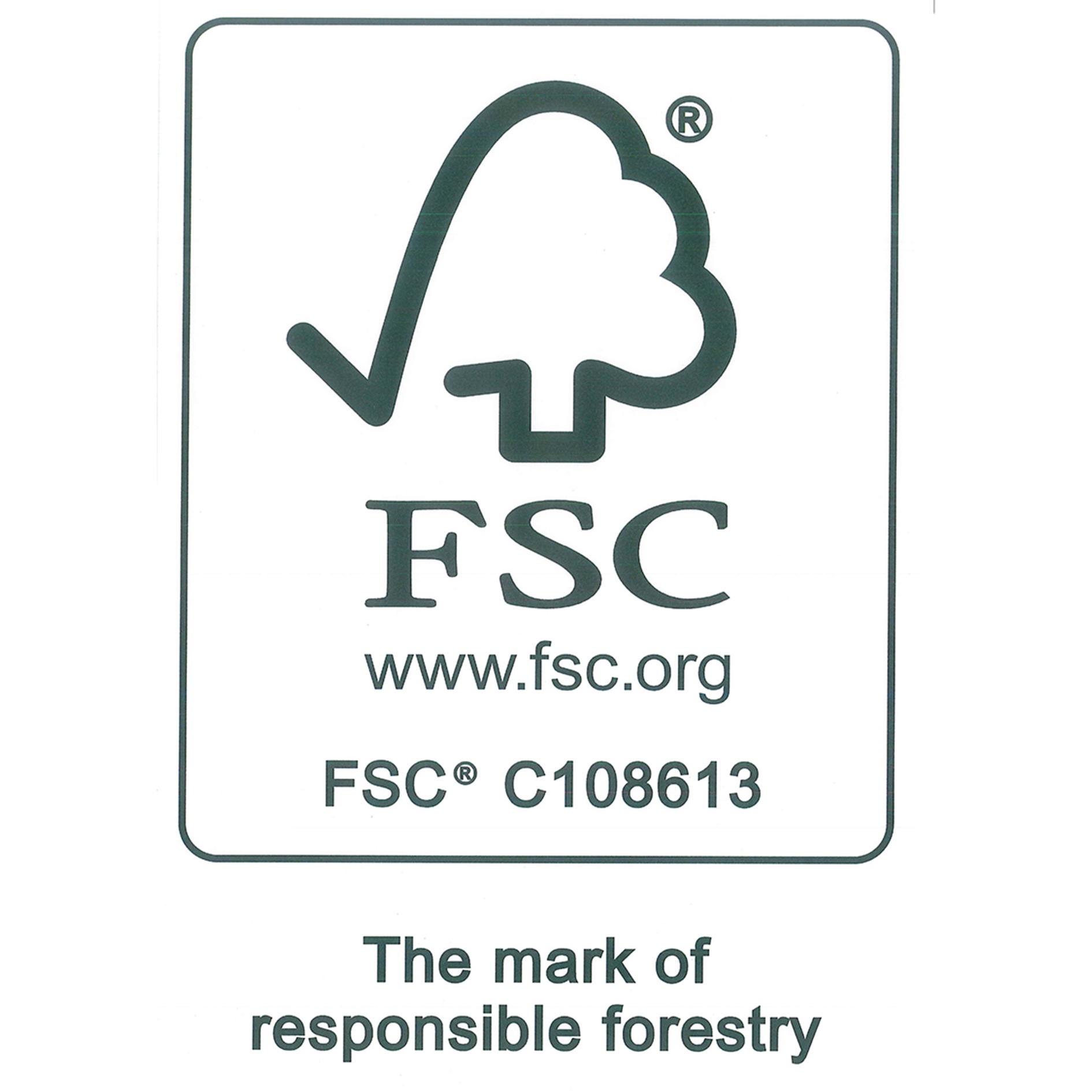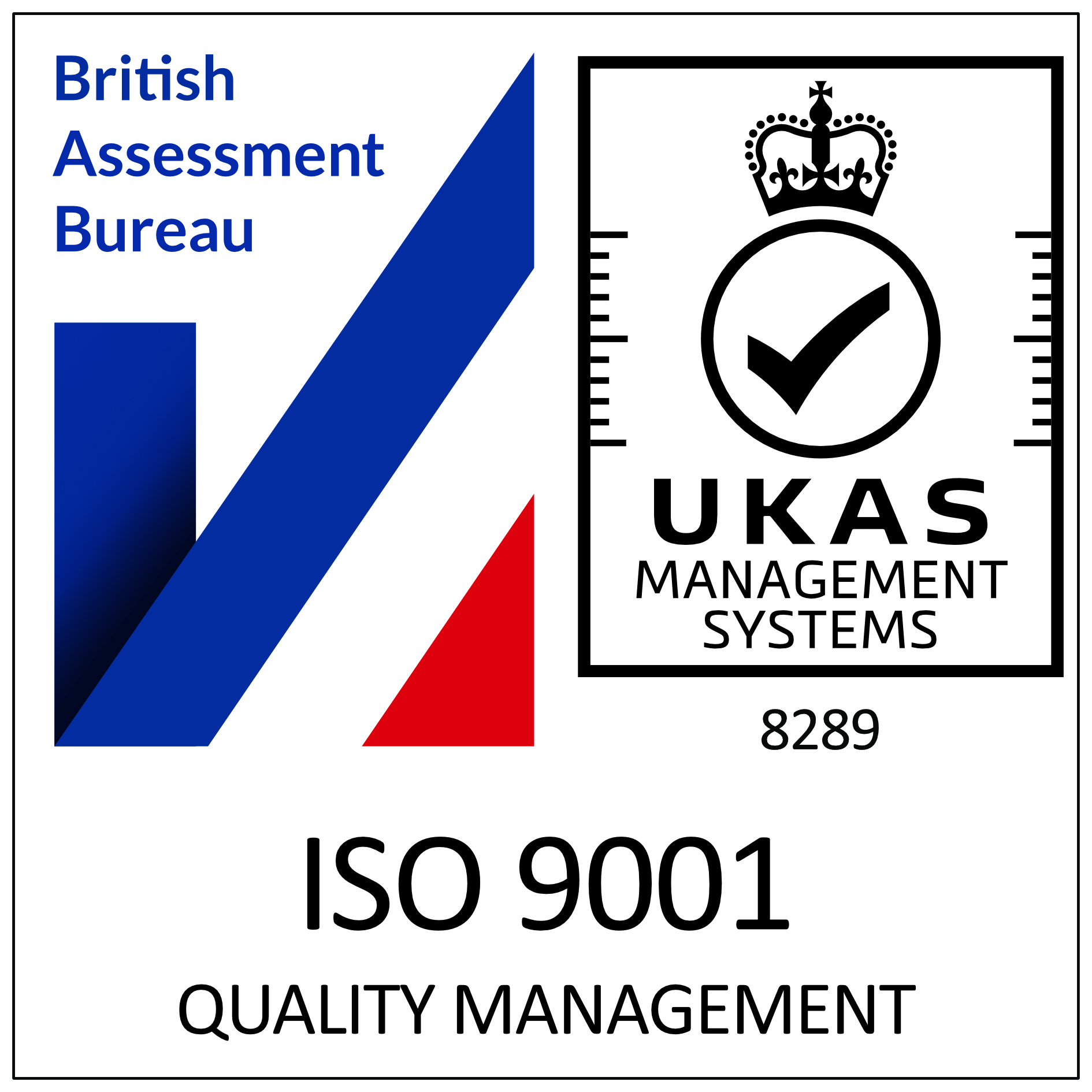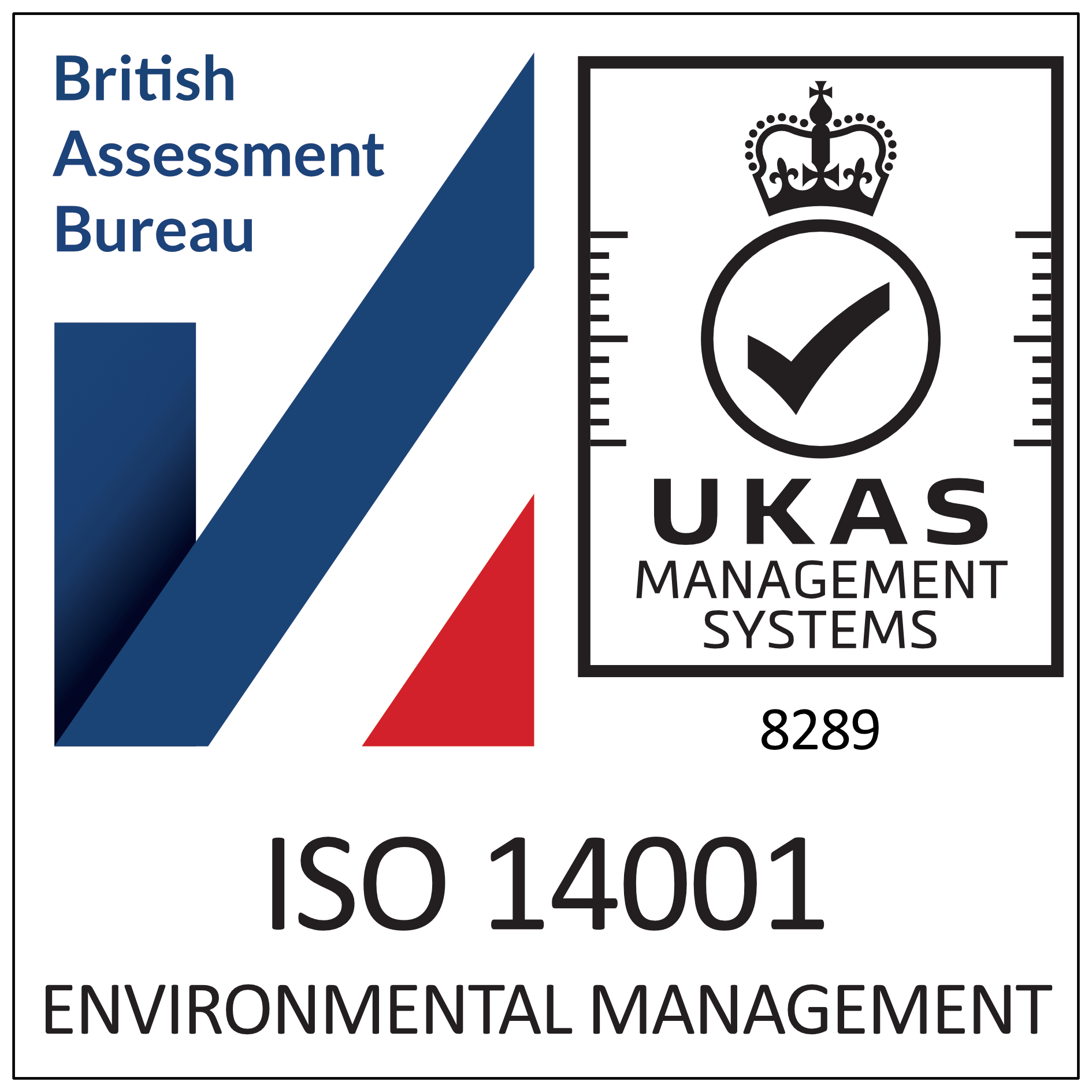Things to think about when choosing doors for hotels
Can a hotel ever really be a home from home? After all, by definition there are going to be other guests there, as well as hotel staff, whose behaviours may not exactly coincide with our own expectations and desires.
Late night noise, early morning noise, the habit some people have of letting their doors bang shut very loud (and usually at a most unfortunate time), screaming children, room service, the sound of vacuuming down the corridor … basically all the hustle and bustle of a building designed to accommodate people temporarily.
All that said, it’s usually a nice experience to stay in a hotel as it means that perhaps we’re on holiday, or on a weekend break, or maybe on a business trip. Whatever the reason, and however long the stay, we want it to be as enjoyable and comfortable as possible … and you won’t be surprised to hear that the hotel doors play their part.
Privacy
First things first. When you’re in your room you want absolute privacy – you don’t want people being able to see in or know what you’re up to. So you want the doors to be solid and secure.
Security
You also, obviously, don’t want anyone to be able to get into your room – whether you’re in it or not – without your consent. So the door must be secure and un-openable without a key or key-card or other security device.
Soundproofing
We can’t expect total silence, but we often expect more silence than we get, so the bedroom doors should offer a reasonably high degree of soundproofing … and let’s not forget that many hotels also host meetings, conferences and exhibitions, and special events such as weddings. The soundproofing requirements of such events will vary, but there will be a need for some element of acoustic control.
Fire safety
So our doors for hotels have achieved satisfactory levels of privacy, security, and soundproofing, but what about fire safety? Having looked at the regulations, let’s think about fire safety in hotels more specifically. Sleeping accomodation is a useful link to start with – although rather lengthy!
Hotels are considered to have a high fire risk – clearly we can’t always control the actions of guests, and the mere fact of increased occupancy increases the risk. There are generally considered to be five principle fire risks – these details come from the Firesafe website:
1/ Carelessly discarded smoking materials if allowed to come into contact with combustible materials. A lighted cigarette end will take a long time to ignite combustible materials, which may occur in the sleeping hours, thereby increasing the risk. Hopefully the fire detection system would give an early warning of fire, which will not stop the fire but could reduce the damage to negligible losses. The use of signs and the prohibition of smoking in risk areas would reduce the risk and constantly broadcast the dangers to the staff and guests.
2/ Electrical Appliances are now a standard provision in bedrooms and can be a source of fire if they have been subjected to misuse. Occasionally electrical faults on electrical apparatus may be a source of fire, especially if they have not been serviced regularly. All electrical equipment should be tested annually and the staff and guests kept informed of the possible dangers associated with the different types of electrical equipment.
3/ Kitchens can be a high risk dependent on the size and especially if the kitchen is not properly supervised. Full dining facilities increase the risk but this is lessened by having staff in attendance at all times.
4/ There is a high fire risk is store rooms where bedding, towels, flammable materials and cleaning equipment are stored . Flammable materials in the presence of chemical cleaner may result in a higher fire risk if not stored correctly. House keeping and ensuring the store rooms are keep as tidy as possible, will reduce the risk.
5/ Tradesmen on the premises, especially those that use apparatus that is capable of starting a fire, like blow lamps, gas torches, metal angle cutters, etc. One needs to ensure a high degree of supervision during and after their presence. Give the area they have been working in a through inspection and make sure no hot spots or small fires have been missed.
Thankfully hotels are subject to various regulations designed to ensure the safety of the occupants. For NEW buildings, or buildings which are subject to significant alterations, extensions, or changes of use, the appropriate building regulations apply for fire doors. These regulations are known as APPROVED DOCUMENTS.
These approved documents are designed to ensure that minimum standards are met for construction in the UK, and cover areas such as accessibility, ventilation, sound and thermal efficiency as well, of course, as fire safety.
Note that in addition to these building regulations the fire doors may also have to comply with various other criteria such as BREEAM and CPET.
Existing buildings are governed by the Regulatory Reform (Fire Safety) Order 2005, often abbreviated to RRO or FSO. Start by visiting this site: Making your premises safe from fire
This reform stipulates that the responsible person must carry out a fire safety risk assessment and then design and supervise the operation of a fire management plan.
Fire doors, of course, play a crucial role in the fire safety and protection of buildings covered by the FSO, and as we have repeated it is VITAL that they are fitted and maintained correctly.
Doors for hotels – where to get them?
As usual there’s a lot to think about, and it’s vital that you talk to the experts.
If you would like further information on our company please visit our home page or go directly to our contact page when we will respond as quickly as possible.
As always we’ll be delighted to help and advise you.








